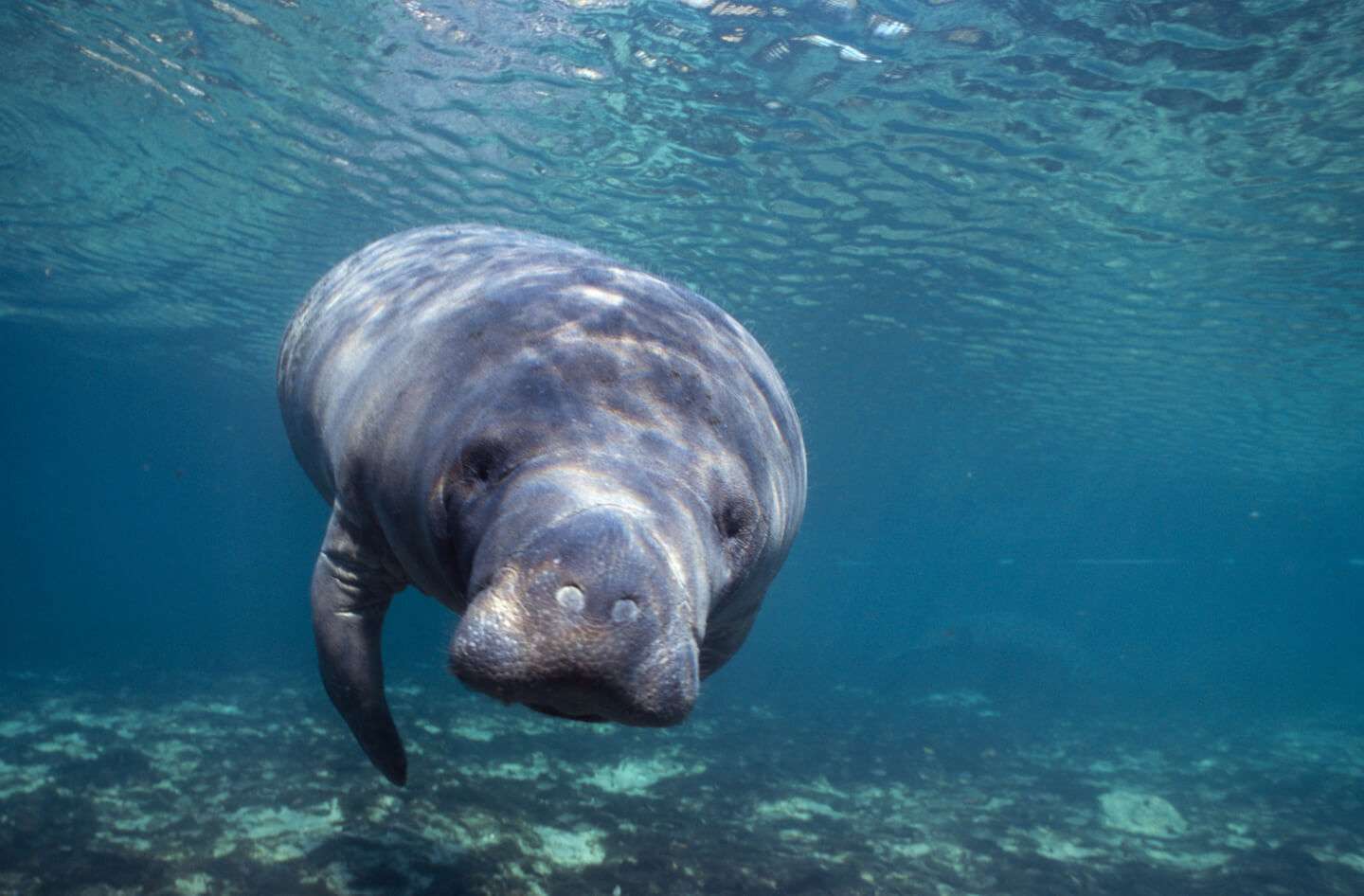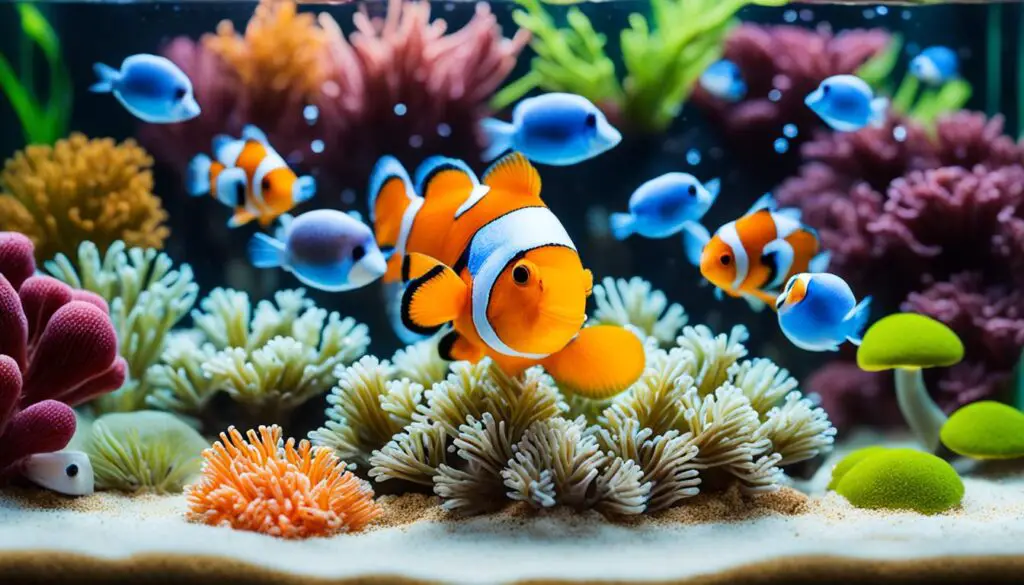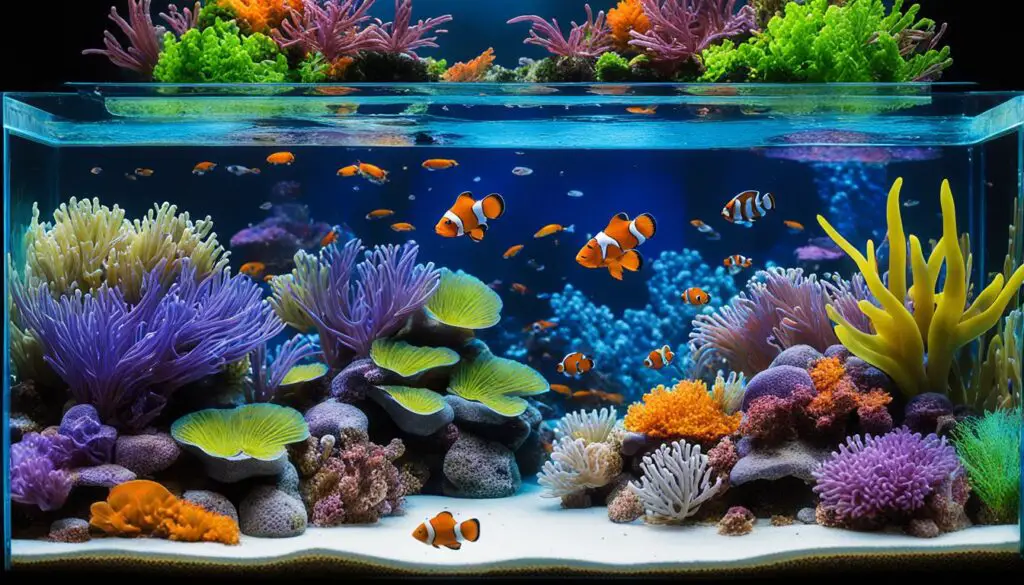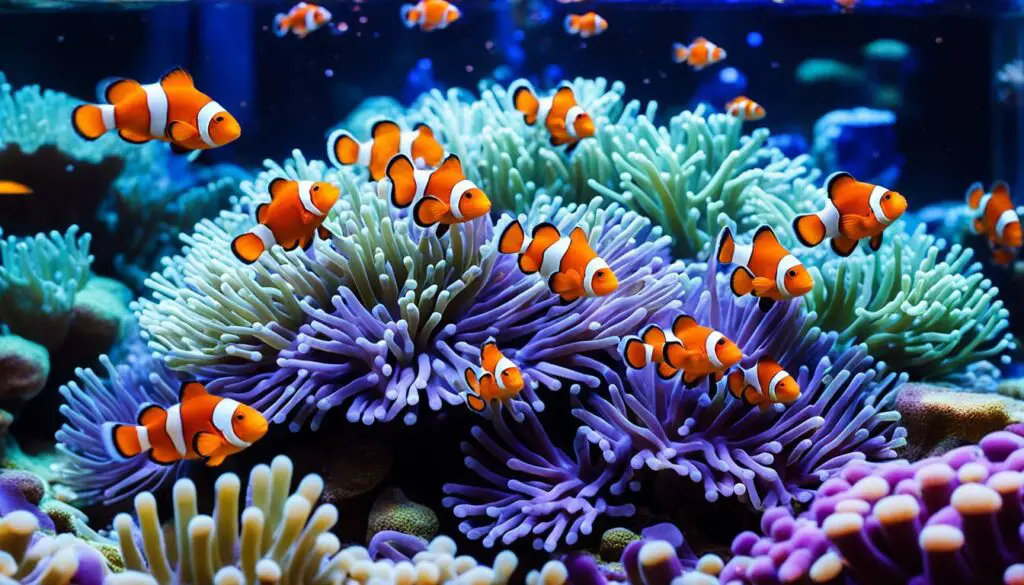Are Manatees Friendly

Introduction
Are Manatees Friendly: Manatees growth, often referred to as “sea cows,” are gentle, slow-moving marine mammals that inhabit the warm waters of coastal regions. These endearing creatures have long captured the hearts and curiosity of people worldwide. One common question that arises when discussing manatees is whether they are friendly beings.
Manatees are indeed renowned for their amicable nature. They are herbivorous creatures that spend most of their time leisurely grazing on aquatic plants. Their friendly demeanor is evident in their interactions with other marine life and even humans. While manatees are naturally curious, they are generally non-aggressive and peaceful, making them a favorite of divers and eco-tourists seeking close encounters with wildlife.
One of the most enchanting aspects of manatees is their interactions with humans in their natural habitat. Snorkelers and boaters who come across these gentle giants often report awe-inspiring experiences. Manatees have been known to approach swimmers, seemingly seeking companionship, or simply displaying their inquisitive nature. These interactions are typically calm and harmonious, as manatees seldom pose a threat to humans.
In this exploration of manatees’ friendliness, we will delve deeper into their behavior, interactions with their environment, and the efforts made to protect and conserve these remarkable creatures. Understanding the gentle disposition of manatees sheds light on the importance of preserving their habitats and fostering a harmonious coexistence between these lovable marine mammals and the human world.

Are manatees human friendly?
Manatees can be friendly or indifferent toward humans. They have moods and personalities, just like we do. The West Indian Manatee, dubbed the Florida Manatee when they call Florida home, is the world’s most humble creature. They don’t know any form of aggression.
Manatees are indeed human-friendly creatures. Their reputation as gentle giants is well-deserved, as they typically exhibit a peaceful and non-aggressive demeanor when interacting with humans. These massive marine mammals are known to approach snorkelers, divers, and boaters in a curious and inquisitive manner, often seeking companionship or simply displaying their gentle nature.
Manatees’ interactions with humans are a source of fascination and joy for those lucky enough to encounter them in their natural habitat. While they may seem massive and imposing due to their size, their slow, graceful movements and herbivorous diet make them unlikely to pose any threat.
Manatees serve as ambassadors for the harmonious coexistence of humans and the natural world, reminding us of the value of maintaining a peaceful relationship with the creatures that share our planet. In a world where conservation is of increasing importance, the manatee’s human-friendly disposition serves as a poignant reminder of our collective responsibility to safeguard the delicate balance of life on Earth.
How do you befriend a manatee?
(b) Make gentle moves
Manatees are warm and peaceful creatures. They move deliberately and go about their business calmly and in a friendly manner. You should be as relaxed as possible during an encounter with them. Avoid yelling, splashing, making a commotion or noise that may awake or startle the animals.
Befriending a manatee is a unique and memorable experience, but it’s essential to approach it with respect for these gentle creatures and consideration for their well-being.
- Choose the Right Location: Visit areas where manatees are known to inhabit, such as Florida’s Crystal River or other warm-water springs. These locations are designated for manatee encounters and typically have specific regulations in place to protect both the animals and human visitors.
- Be Respectful: Maintain a respectful distance and allow the manatees to approach you if they wish. Do not chase, touch, or feed them. These are wild animals, and any interactions should be on their terms.
- Noisy Boats Off-Limits: Avoid loud and fast watercraft around manatees, as they are sensitive to noise and can be easily stressed. Boats should always adhere to no-wake zones in manatee habitats.
- Snorkel or Kayak: Snorkeling or kayaking is a great way to observe manatees from a closer vantage point. Move slowly and quietly in the water to minimize disturbance.
- Educate Yourself: Learn about manatee behavior, body language, and their needs. Knowledge about these animals will help you interpret their actions and respond appropriately.
- Follow Local Regulations: Comply with any regulations or guidelines provided by local authorities or tour operators. These rules are in place to protect manatees and their habitats.
- Share Your Experience: Use your interactions with manatees as an opportunity to raise awareness about these incredible creatures and the importance of their conservation.
By following these steps, you can enjoy a meaningful and responsible connection with manatees while ensuring their well-being and protection in their natural environment. Remember that the goal is not to make manatees our friends in the traditional sense but to appreciate their existence and respect their status as cherished residents of our planet.
Are manatees gentle creatures?
Manatees are gentle animals. They rarely fight, and they have no natural enemies. Subsisting on water plants and plants that grow at the water’s edge, a manatee takes in up to 1 pound (0.5 kilogram) of food for every 10 pounds (5 kilograms) it weighs.
Absolutely, manatees are undoubtedly gentle creatures. Their temperament is characterized by a serene and non-aggressive demeanor. These marine mammals are known for their slow, unhurried movements through the water, which reflect their calm and tranquil nature. Unlike predatory animals, manatees have no inclination towards aggression or hostility.
One of the key factors contributing to their gentle disposition is their herbivorous diet. Manatees are strict vegetarians, primarily feeding on seagrasses and aquatic plants. This dietary choice further emphasizes their peaceful nature, as they lack the predatory instincts that often accompany carnivorous species.
Moreover, manatees exhibit a remarkable tolerance for human presence. In various locations around the world, they’ve been observed approaching boats and curious onlookers without any signs of fear or apprehension. This behavior showcases a level of trust and acceptance of humans, underscoring their gentle and non-threatening attitude.
Interactions with manatees should always be conducted in a responsible and non-invasive manner, ensuring the well-being and preservation of these remarkable creatures and their habitats.
Are manatees intelligent?
To conclude from the manatee’s brain size that it is less intelligent than other marine mammals is more human judgment than science — the manatee’s brain has proved adequate for this slow and defenseless animal to persist to present times, Reep says.
Manatees, while not possessing the same level of intelligence as some other marine mammals like dolphins or whales, exhibit a surprising degree of cognitive abilities. Their intelligence is specialized for their environment and behaviors. For instance, they display an impressive capacity for spatial memory, enabling them to navigate through their habitats with precision, even in murky or obstructed waters.
Manatees also exhibit signs of social intelligence. They have been observed engaging in complex social behaviors, such as group formations, cooperative feeding, and maternal care. These interactions suggest a level of social cognition and understanding of group dynamics.
Manatees demonstrate a capacity for learning and adaptation. They can be trained in captivity for various tasks, displaying an ability to recognize and respond to cues from their human caretakers. This adaptability is a testament to their cognitive flexibility.
While their intelligence may not rival that of some other marine mammals, manatees’ specialized abilities are well-suited to their environment and lifestyle. Their cognitive capacities contribute to their survival in their natural habitats, and they continue to be a subject of scientific interest and admiration for their unique blend of abilities and behaviors.
Is it safe to Swim with manatees?
Observing manatees from a boardwalk is a fantastic way to spend your time, but you should never try to swim with them or disrupt their natural lives in other ways, like throwing food to them.
Swimming with manatees can be a captivating and educational experience, but it must be approached with great care and responsibility. It is crucial to do so in designated areas where interaction with manatees is regulated and supervised by trained professionals. These locations, often known as “manatee sanctuaries,” prioritize the protection of both the animals and the environment.
Manatees are generally peaceful creatures, lacking aggressive tendencies or predatory instincts. However, they are also wild animals and should be treated with respect. It is imperative to maintain a passive and non-invasive approach when in their presence. Touching or attempting to ride manatees is strictly discouraged, as it can disrupt their natural behavior and potentially cause them stress.
These include maintaining a respectful distance, moving slowly and quietly, and avoiding sudden movements. Snorkelers should also refrain from using fins to prevent accidental contact.
Swimming with manatees can be safe if done in regulated and supervised environments with the guidance of trained professionals. Respecting the natural behavior and habitat of these gentle creatures is paramount to ensuring a positive and memorable encounter for all involved.
How peaceful are manatees?
Manatees are some of the most peaceful creatures in the world. Some species of animals have “turf” that they may fight over with others of their kind. But manatees share their living spaces without squabbles.
Manatees epitomize serenity in the aquatic realm. Their peaceful nature is evident in their unhurried movements and tranquil demeanor. These gentle giants navigate the water with a graceful ease, embodying a sense of calm that is both mesmerizing and reassuring to behold. Manatees are content to amble through their watery habitats at a leisurely pace, rarely displaying signs of agitation or aggression.
Their preference for a herbivorous diet further underscores their peaceful disposition. Unlike carnivores, manatees lack the predatory instincts that drive conflict in the animal kingdom. Instead, they peacefully graze on seagrasses and aquatic vegetation, content to coexist harmoniously with their environment.
Moreover, manatees exhibit a surprising tolerance for human presence. They often approach boats and curious onlookers without a hint of apprehension, showcasing a remarkable trust in their human counterparts. This behavior speaks to their innate gentleness and lack of hostility.
However, it is this very trust that makes them vulnerable to human-related threats, particularly collisions with watercraft. This highlights the need for conservation efforts to protect these peaceful creatures and ensure their continued existence.
Manatees epitomize tranquility in the animal kingdom. Their unhurried movements, herbivorous diet, and amicable interactions with humans underscore their peaceful nature, making them a source of inspiration and a reminder of the importance of preserving the delicate balance of our natural world.
Why do people love manatees?
No animal is as huge and as harmless as the manatees. Their slow and docile nature makes them approachable while their curious and welcoming nature makes them lovable. With manatees, you have gigantic animal you can confidently swim with in water without the risk of being attacked or bitten.
People hold a deep affection for manatees, and it’s not hard to understand why. These gentle giants possess a unique charm that resonates with both nature enthusiasts and casual observers alike. Their endearing, almost human-like expressions and slow, graceful movements evoke a sense of empathy and wonder. Manatees’ peaceful demeanor, combined with their large, rotund bodies and distinctive flippers, create an image that is both comical and heartwarming.
Manatees embody a certain innocence that captivates people. Unlike many other marine creatures, they do not possess sharp teeth, menacing jaws, or predatory instincts. Instead, they subsist solely on a diet of plants, exuding a harmlessness that draws people in. This quality is particularly appealing in a world where so many creatures are characterized by their ferocity.
Manatees’ interactions with humans also play a significant role in the affection people feel towards them. Their curious and friendly nature, often approaching boats and even allowing gentle strokes, fosters a sense of connection and mutual respect.
Additionally, the conservation status of manatees fuels a collective desire to protect and cherish them. Their vulnerability to habitat loss and collisions with watercrafts spurs individuals and organizations to rally for their preservation.
Why are manatees harmless?
Lack of biting teeth
They don’t have incisors for biting flesh or canines for tearing flesh. Instead, the only teeth they have are molars, which are primarily used to grind food during chewing. So manatees are not dangerous because they lack the weaponry for aggression.
Manatees, often referred to as “sea cows,” are gentle giants of the aquatic world. Their harmlessness stems from their docile nature and herbivorous diet. These magnificent creatures, found in warm, shallow waters around the globe, subsist entirely on plants, primarily seagrasses and aquatic vegetation. Unlike their carnivorous counterparts, manatees lack the sharp teeth or predatory instincts that might pose a threat to other marine life or humans.
Their slow-moving demeanor further contributes to their harmlessness. Manatees amble through the water with a grace and tranquility that belies their substantial size, which can reach over three meters and weigh more than a ton. This unhurried pace is not only a reflection of their peaceful disposition but also a necessity for their survival. It allows them to conserve energy, an important adaptation for creatures that rely on a plant-based diet.
Moreover, manatees exhibit a remarkable tolerance for human presence. They are known to approach boats curiously, showcasing a lack of fear towards humans. This trustful behavior, however, makes them vulnerable to collisions with watercraft, one of the greatest threats to their population.

Conclusion
These marine giants, despite their imposing size, possess a gentle and peaceful nature that has endeared them to people around the world. Their slow and deliberate movements, coupled with their herbivorous diet, contribute to their tranquil disposition in their aquatic habitats.
Manatees not only coexist harmoniously with other marine life but also exhibit remarkable interactions with humans. These interactions are characterized by curiosity and an apparent desire for companionship rather than aggression. Such encounters have left lasting impressions on those fortunate enough to witness them in their natural environment.
Protecting and conserving these amicable creatures is not just a matter of preserving a species; it is also about preserving a symbol of peaceful coexistence between the natural world and human society. As we learn more about manatees and their friendliness, it underscores the importance of safeguarding their habitats, reducing human impact, and supporting conservation efforts to ensure their continued survival.
In a world often characterized by rapid changes and challenges to our environment, manatees serve as a reminder that cohabitation with nature can be peaceful and enriching. They inspire us to maintain the delicate balance of life on our planet, reminding us that our interactions with the animal kingdom can be characterized by respect, awe, and a shared responsibility to protect the wonders of the natural world.



